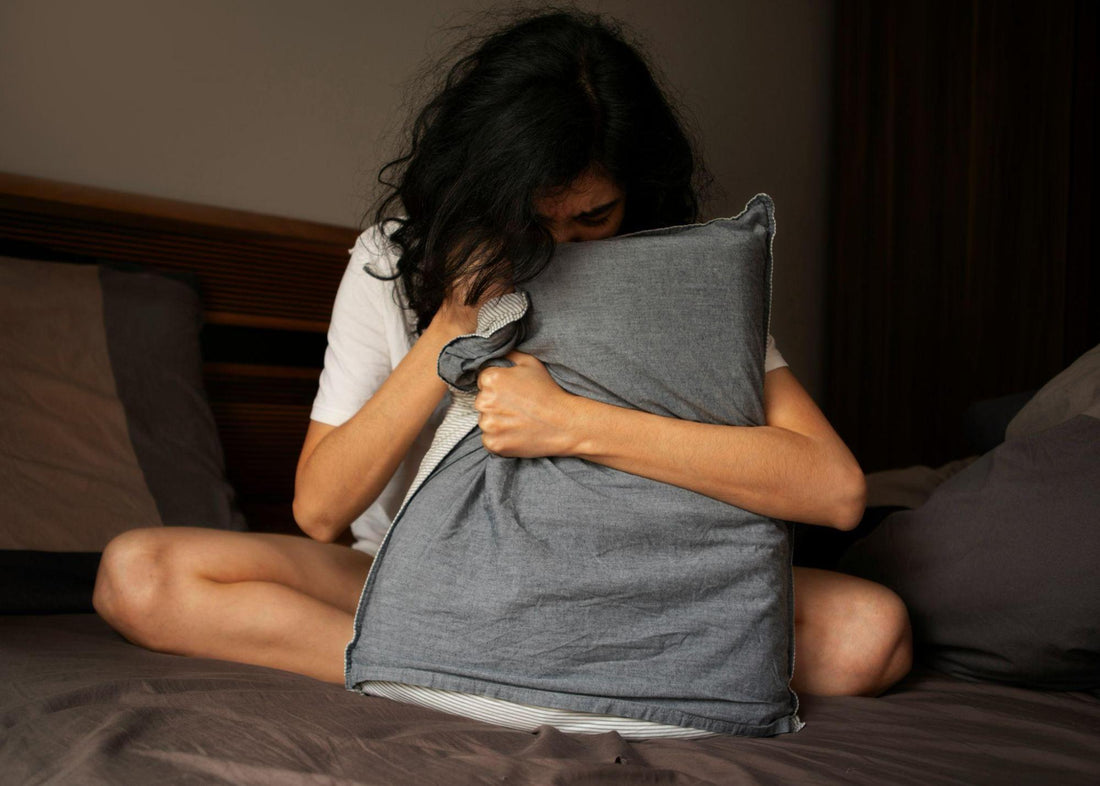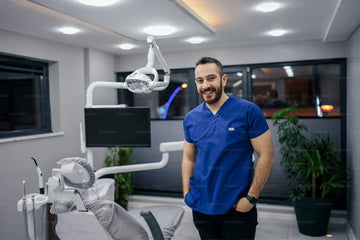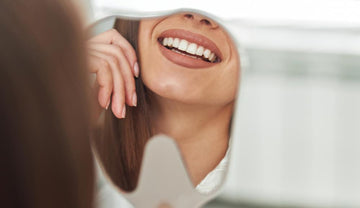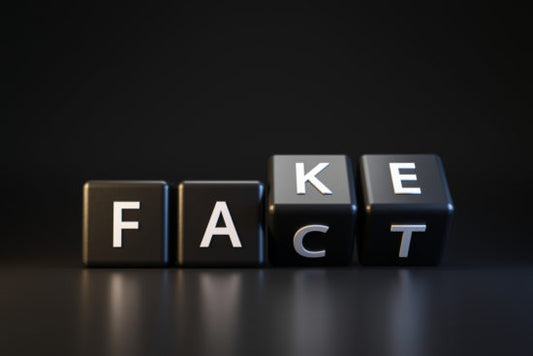Sleep Disorders and Dental Health: What is their Connection?

When we think about sleep, we often focus on its impact on energy levels, mood and overall health.
But did you know sleep disorders can also have a significant effect on your dental health? From teeth grinding to dry mouth and gum disease, the relationship between disrupted sleep and oral wellbeing is closer than many realise.
In this article, Dr Ana Roberts B explores the ways that conditions like sleep apnoea and insomnia can influence the health of your teeth and gums, and what you can do to help protect them.
The link between oral health and sleep
Your mouth and your sleep are closely connected.
Oral discomfort can disrupt sleep, while poor sleep can, in turn, worsen oral health. It’s a nightmare cycle that can get worse without medical intervention. Not only is it often overlooked, but it has a major impact on our overall health and wellbeing.
For example, inflammation in the mouth can affect the body’s wider inflammatory response, which can be directly tied to your sleep quality.
As well, conditions like sleep apnoea are linked to your facial structure, like the shape of the jaw or tongue positioning, which can affect how easily you breathe at night.
Common dental issues that disrupt sleep
Having established that your oral health and your sleep are very much tied together, understanding what sleep disorders cause which issues is important to helping you spot the symptoms and get treated.
Some of the common sleep problems that affect your oral health are:
Obstructive Sleep Apnoea (OSA)
OSA happens when the airway becomes partially or completely blocked during sleep, making it challenging or sometimes impossible to breathe.
Some of the common symptoms of OSA include:
· Loud snoring
· Gasping or choking during sleep
· Excessive daytime sleepiness
OSA has a knock-on effect, causing issues like mouth breathing, dry mouth, bruxism and increased inflammation, on top of more serious, wider medical conditions, while also affecting your quality of sleep.
Insomnia
Insomnia is the difficulty in falling asleep, staying asleep, or waking too early. It can be short-term, otherwise known as acute, or long-term (chronic).
Those with insomnia commonly experience:
· Difficulty falling or staying asleep
· Non-restorative sleep
· Daytime fatigue and irritability
Insomnia is really harmful to your oral health. Poor sleep increases stress and general inflammation, which can worsen underlying issues like gum disease and stimulate bad habits like teeth grinding without you even knowing.
Bruxism
Bruxism is the involuntary grinding or clenching of teeth during sleep. Because it happens during your sleep, there’s little you can do to snap out of the habit yourself – it often requires professional intervention.
It’s often linked with:
· Stress and anxiety
· Sleep apnoea
· Certain medications
While the other two largely impact the cleanliness of your mouth, bruxism can damage the physical tooth.
Constant grinding can cause the enamel to wear away, teeth to crack and even expose the delicate dentin layer beneath, causing sensitivity, pain and even infection.
When to seek professional help
Many sleep disorders and oral conditions can’t be solved without professional or medical help from a specialist. The symptoms of sleep disorders and oral conditions typically go hand in hand, so knowing the signs can help you seek help quicker.
If you notice any of these signs, contact your GP as soon as possible.
1. Loud snoring or gasping for air during sleep
Loud snoring or still feeling tired after a full night of sleep may indicate obstructive sleep apnoea, which can lead to mouth breathing and dry mouth, increasing the risk of tooth decay and gum disease.
2. Frequent night-time awakenings or poor sleep quality
Ongoing sleep disruption is often linked to bruxism or sleep apnoea. If you’re still feeling tired after sleep or are waking up with jaw pain or noticeable tooth damage, seek professional help from a GP or dentist.
3. Waking with a dry mouth or sore throat
This is often caused by breathing through the mouth during sleep, which reduces saliva flow and causes dryness, which irritates your throat and mouth. If left untreated, it can increase the risk of cavities, bad breath, and oral infections, so it’s important to speak to a professional quickly.
4. Jaw pain or stiffness upon waking
This is a common sign of night-time teeth grinding or clenching, which can wear down tooth enamel and cause jaw discomfort.
5. Morning headaches
A morning headache, or frequent ones, may be associated with bruxism or sleep apnoea and can be commonly caused by excessive mouth movement, causing strains in your jaw muscles.
6. Tooth sensitivity without an obvious cause
Bruxism is a common cause of sensitivity, if your oral care routine isn’t to blame. This doesn’t get better on its own, so seek professional dental help or advice from your GP if you’re experiencing significant sensitivity.
How to limit the impact of sleep disorders on your mouth
While managing a sleep disorder often requires medical advice, there are several steps you can take to help protect your teeth and gums in the meantime:
· Maintain excellent oral hygiene: Brush twice a day with fluoride toothpaste, floss daily, and use an alcohol-free mouthwash if you suffer from dry mouth. You should also use a toothpaste that combats sensitivity if you’re experiencing sensitivity without an obvious cause.
· Stay hydrated: Drink plenty of water to counteract dry mouth caused by mouth breathing or certain medications.
· Wear a nightguard if recommended: If you grind your teeth (bruxism), a custom nightguard can prevent damage to your teeth.
· Manage stress: Relaxation techniques such as mindfulness, yoga, or breathing exercises can reduce stress-related bruxism.
· Address the root cause: Work with your GP or sleep specialist to diagnose and manage any underlying sleep disorder, such as sleep apnoea or insomnia — treating the cause will ultimately help protect your oral health.
FAQs
1. Can treating a sleep disorder improve my oral health?
Yes, addressing the root cause of a sleep disorder can significantly benefit your oral health.
For example, managing sleep apnoea can reduce dry mouth and mouth breathing, while treating bruxism can prevent tooth damage and jaw discomfort.
2. Why does sleep apnoea cause dry mouth?
Sleep apnoea often causes mouth breathing during the night because the airway is obstructed. This can be down to simple genetics, and the way your face is structured, or more serious conditions that may need closer examination.
This mouth breathing reduces saliva flow, leading to dry mouth, which increases the risk of tooth decay and gum problems.
3. Can a dentist tell if I have a sleep disorder?
Yes, in many cases, dentists can spot signs of sleep-related issues like teeth grinding, jaw tension, or enamel wear. They may refer you to a sleep specialist for further assessment and diagnosis.
It’s also important to get a second opinion to help get the underlying cause treated, so don’t be afraid to consult your GP too.





